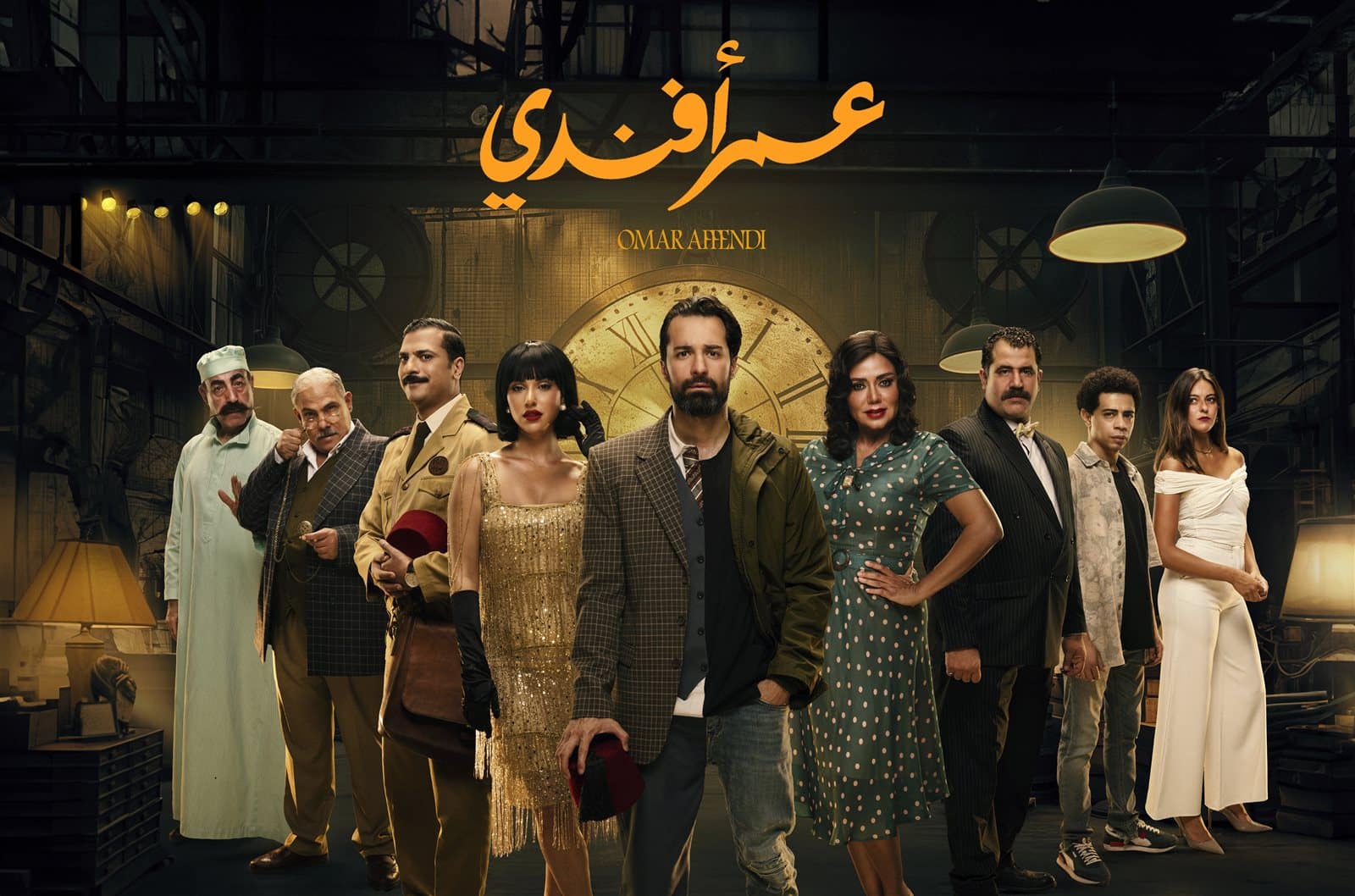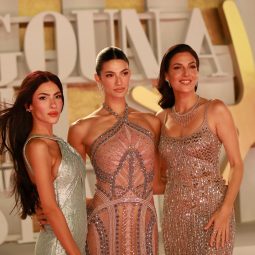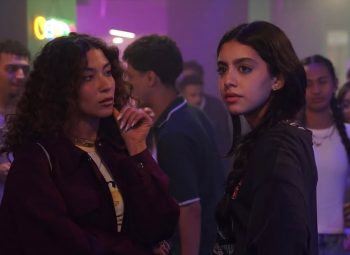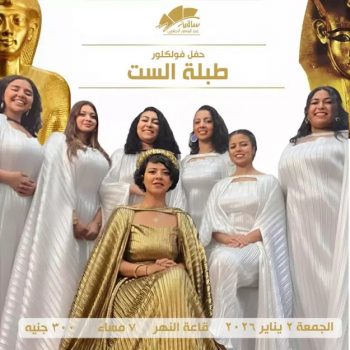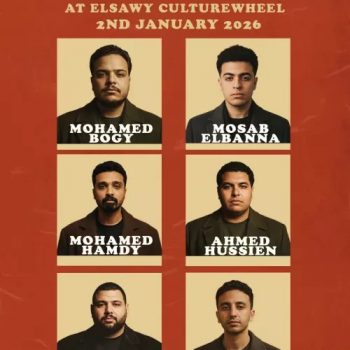Omar Effendi has captivated audiences with nostalgic themes, engaging humour, and an all-star cast. After watching the first few episodes, it becomes clear that the show offers an exciting exploration of time travel and historical settings. While the series is undoubtedly entertaining, its structural and pacing issues prevent it from reaching its full potential.
Let's dive into the different elements that made the show both a hit and a miss (at times):
A Blend of Genres
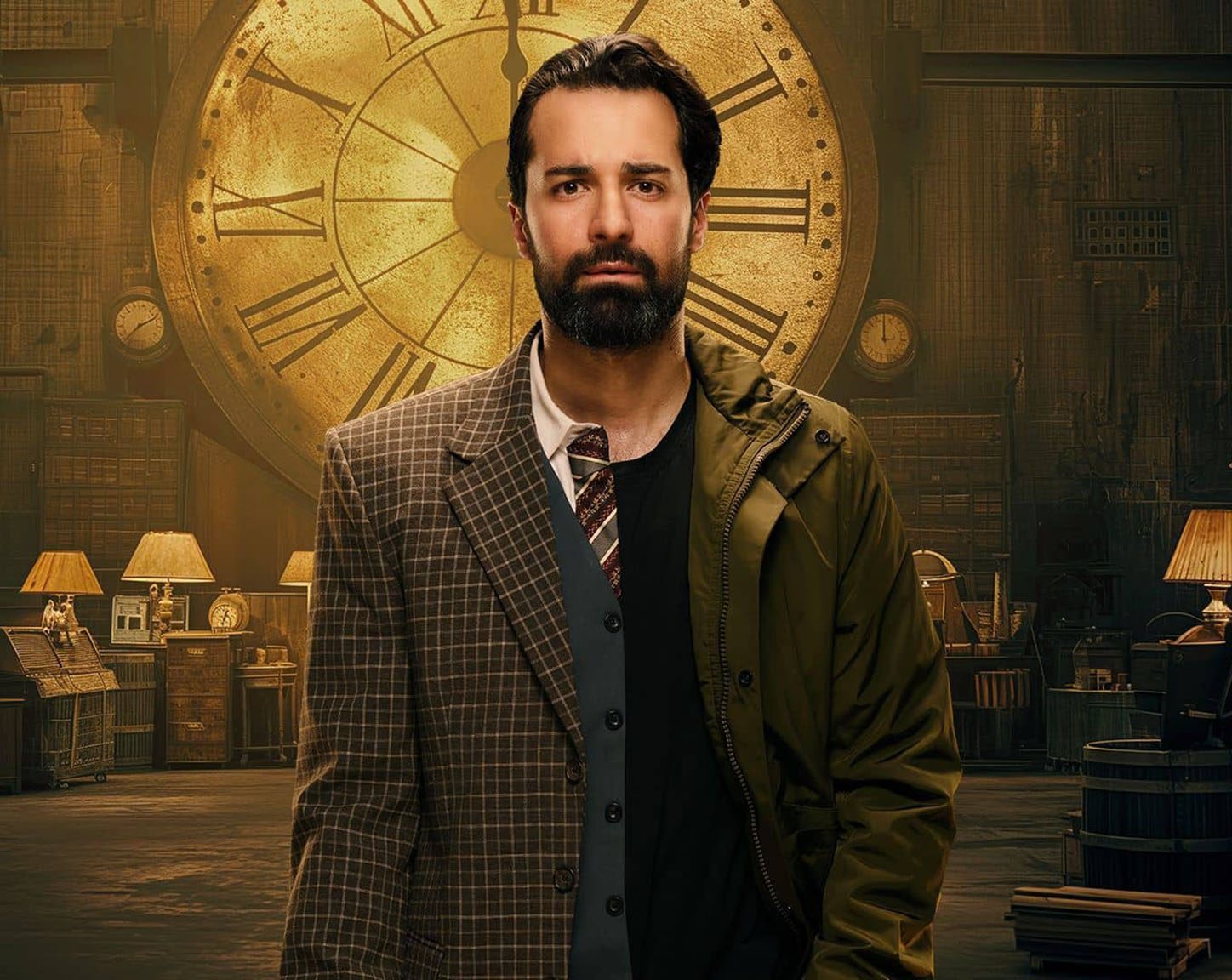
From the first episode, it's apparent that Omar Effendi doesn't shy away from blending multiple genres; comedy, romance, mystery, and even science fiction. However, this ambitious attempt at multi-genre storytelling leaves viewers confused at times. The rapid shifts in tone, from comedic moments to romantic interludes, followed by mysterious or sci-fi elements, created a rather unsettling rhythm at times. The director, eager to showcase a wide range of skills in his debut, may have overloaded the series, removing its clear identity.
With that said, comedy is undeniably one of Omar Effendi's strong points. The show is laced with humour, especially in scenes like the circus episode, which stands out as a successful blend of comedic moments and plot development. The laughter feels effortless, providing some of the best moments in the series.
A Turning Point
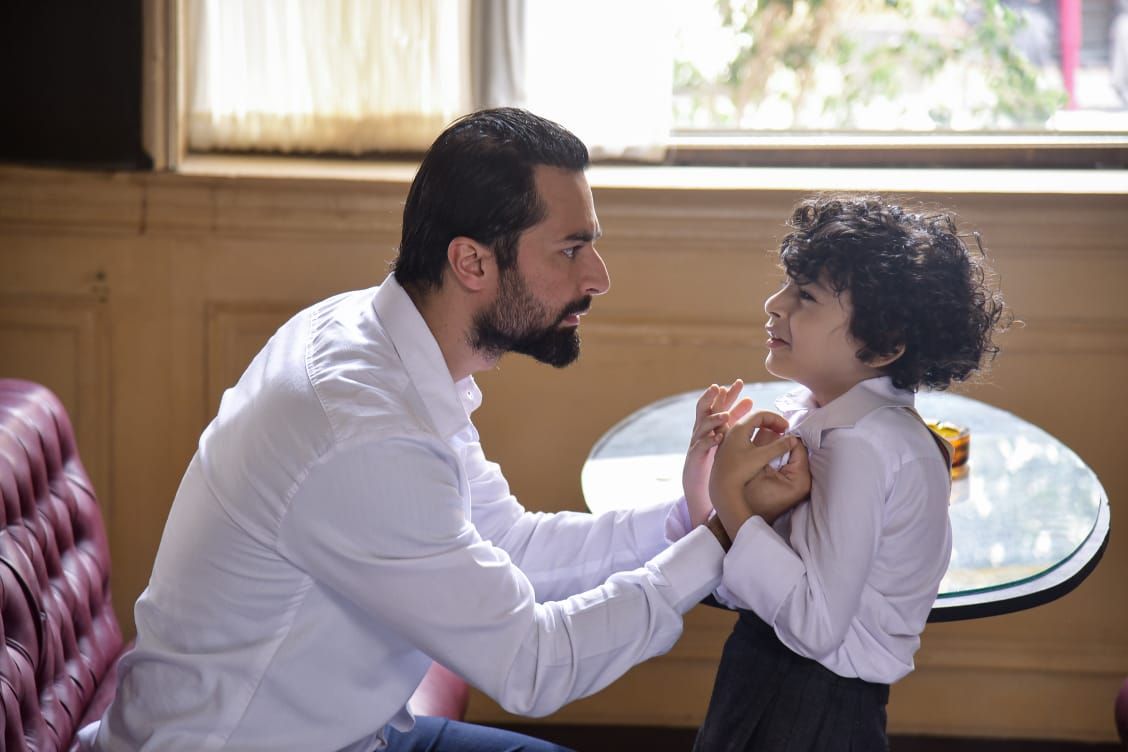
The plot stalling in the middle episodes gives the impression that the series could have been significantly shorter. The central premise, solving a mystery involving debt and time travel, could have been condensed into fewer episodes without losing its essence. Yet, amidst the slow pacing, comes a turning point.
The circus scene exemplifies this newfound rhythm, blending humour with event development in a natural and engaging way. This episode also progresses the plot, tying together both past and present storylines while keeping viewers invested in the characters' fates.
The Ending

As the series drew to a close, there was a sudden shift from comedy to drama, with the show cramming emotional moments into a space that had been primarily focused on humour, which felt out of place. While the conclusion provides a logical closure to the time travel element, Omar's realisation that he can't change the past and must move forward, the final scene still lacked the impact it could have had if the series had laid more groundwork for these dramatic moments earlier on.
Performances That Shine
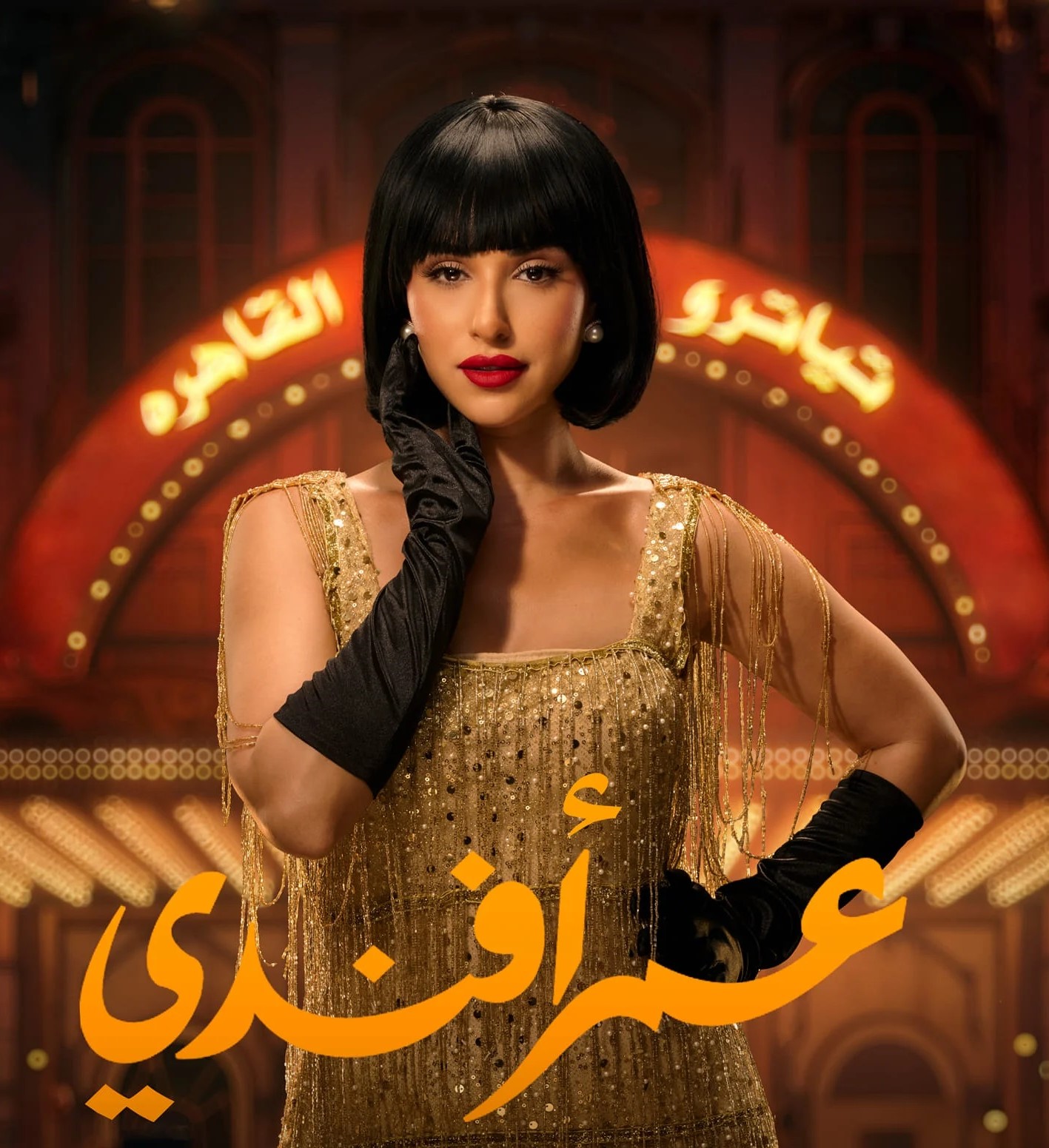
Despite the structural challenges, Omar Effendi boasts some outstanding performances from Ahmed Sultan to Aya Samah who stood out as the show's breakout stars. Sultan's comedic timing and Aya's natural charm and ability to switch between class and down-to-earth brought a unique energy to each scene. Her versatility in both dramatic and comedic scenes is a testament to her growing talent, making her one to watch in the coming years.

Another casting decision that stands out is Rania Youssef's portrayal of a mother to a character half her age. This bold move breaks away from the typical age-casting trend in Egyptian television. Rania's willingness to accept age-appropriate roles adds a layer of realism to the series. On the comedic side, Mostafa Abu Saree3 and Mohamed Abdelazim shine brightly, with their humour elevating the series. However, not all characters hit the mark—Mohamed Radwan's Shalhoub, for instance, falls flat due to the problematic anti-Semitic jokes woven into his character, which were more problematic than funny, to say the least.
Final Verdict
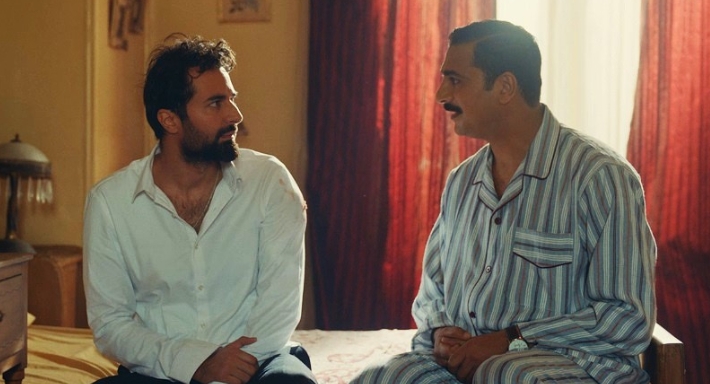
In conclusion, Omar Effendi is a charming, but a bit flawed, show. It offers light, enjoyable moments with standout performances from its talented cast. However, its confused identity and lack of a clear direction prevent it from being the time-travel gem it could have been. The show would have benefitted from either a tighter focus or a shorter run, and while it entertains, it leaves the audience with the feeling that its potential was never fully realised.

